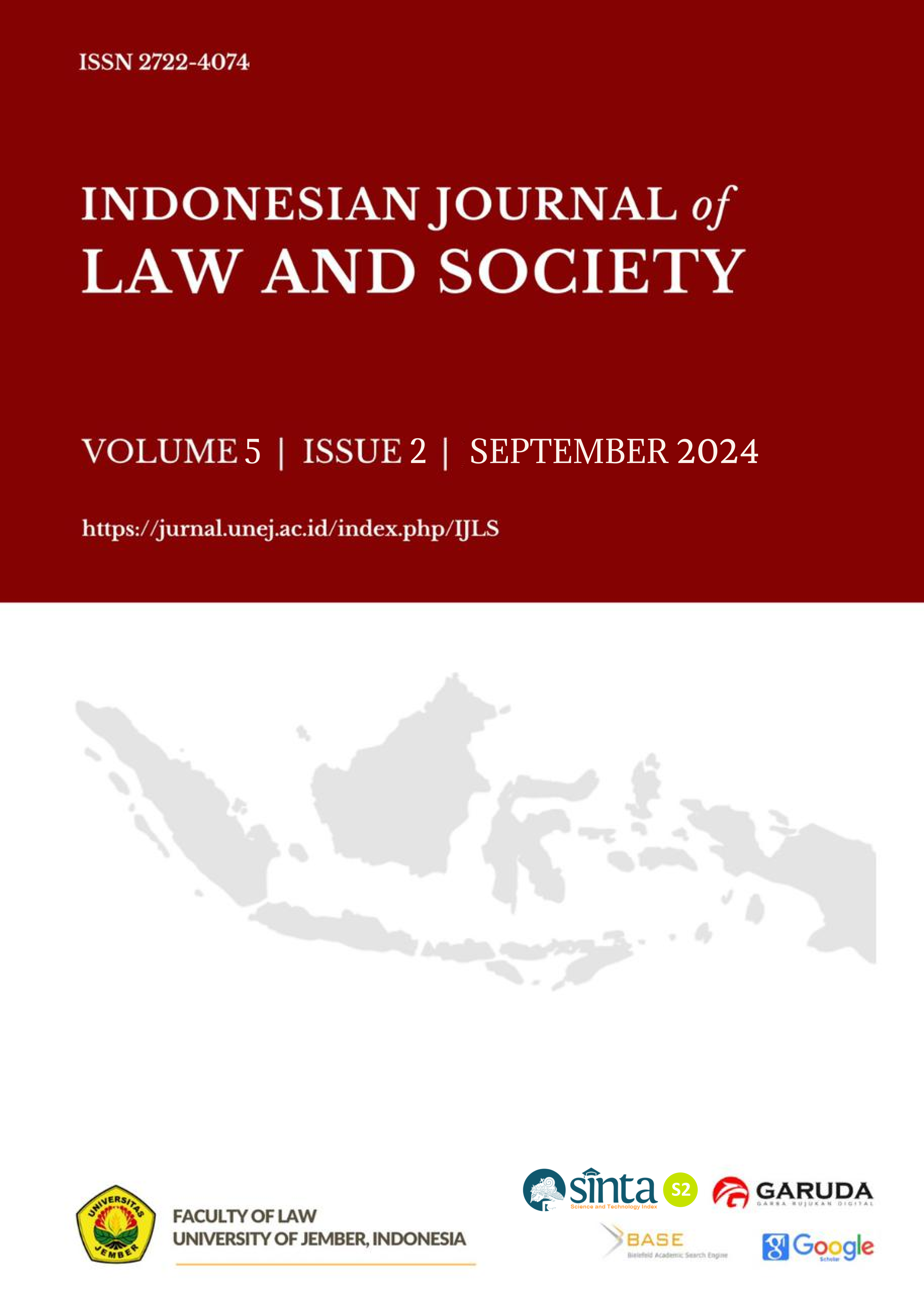Challenging Government Overreach
Privacy Concerns in Financial Information Access for Tax Purposes
Abstract
This research examines the implications of Law No. 9 of 2017 on Access to Financial Information for Tax Purposes (IKKP), which grants the Indonesian government, through the Directorate General of Taxes, extensive access to financial information from financial service institutions regarding any taxpayer. Article 6 of this law further provides immunity to government officials, including those from the Ministry of Finance, the Financial Services Authority, and financial institutions, from criminal or civil prosecution under the pretext of “carrying out duties.” This broad authority and immunity raise concerns about potential violations of taxpayer privacy rights, especially for those who have diligently fulfilled their tax obligations. The research argues that such unrestricted government access contradicts the right to privacy for all taxpayers, necessitating legal limitations to safeguard individual rights. The study emphasizes the importance of equitable treatment in ensuring that justice is maintained, particularly for compliant taxpayers. Utilizing a normative research methodology, which includes legislative, conceptual, and comparative approaches, this study highlights the potential conflict between the IKKP Law and other existing regulations, such as Law No. 7 of 2021 on Harmonization of Tax Regulations (HPP) and Law No. 27 of 2022 on Personal Data Protection (PDP). The research underscores the need for a balance between tax transparency and the protection of personal financial data. In conclusion, this study calls for legal action, such as judicial review, to prevent the IKKP Law from undermining human rights and the supremacy of law. Protecting taxpayer privacy within a democratic legal framework is essential to achieving justice and upholding the principles of a Rechtsstaat.

This work is licensed under a Creative Commons Attribution 4.0 International License.
The Indonesian Journal of Law and Society has CC-BY-SA or an equivalent license as the optimal license for publishing, distributing, using, and reusing scholarly work. Authors who publish with this journal retain copyright and grant the journal right of first publication with the work simultaneously licensed under a Creative Commons Attribution-ShareAlike 4.0 International License that allows others with permission from the publisher to share the work with an acknowledgment of the work's authorship and initial publication in this journal.




